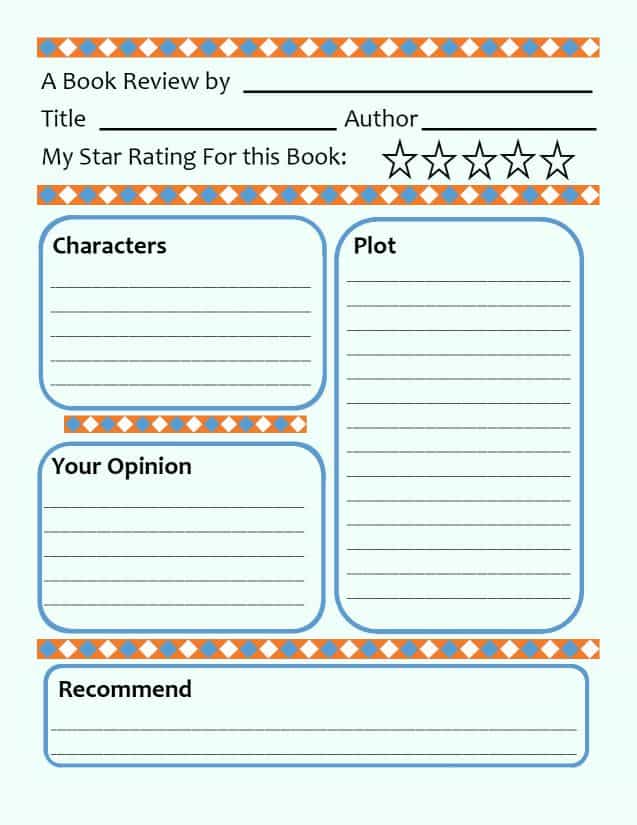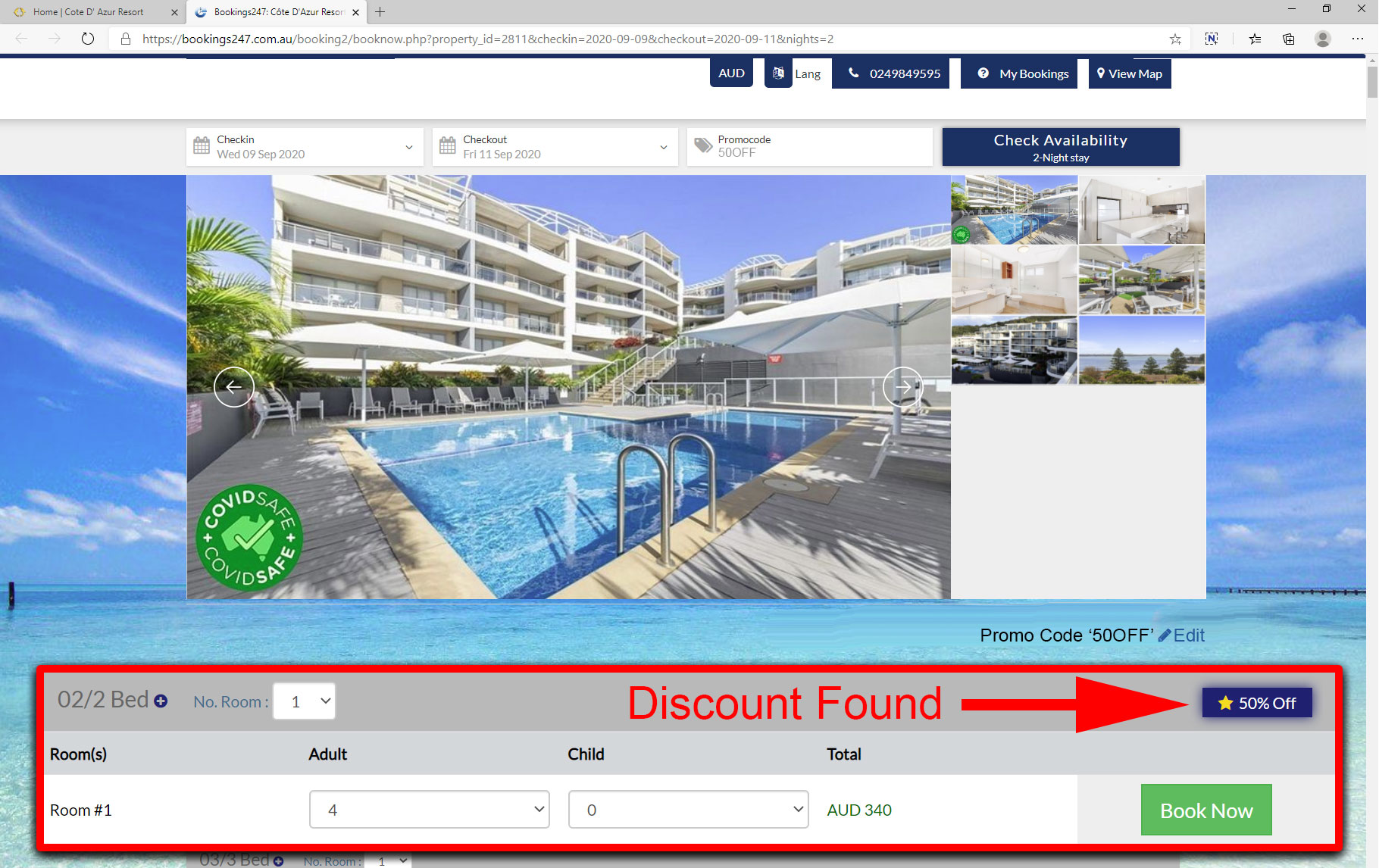

Commonly known as social media and enabling an extensive distribution of comments, this new channel of communication offers individuals the ability to distribute information via blog sites or specific product review sites (e.g. More recently, as a result of easy consumer access to the Internet and the ability to produce online content, a new form of word of mouth has emerged. Thus, word of mouth communication has been of interest to marketing personnel for some time (Anderson, 1998, Richins, 1984).

It is widely recognised that word of mouth, both positive and negative, has the potential to influence customer purchase decisions. What all these strategies have in common is that people often seek the advice of others as part of their decision-making. You could ask friends, check out a travel agency, or perhaps do a search on the Internet. Not being familiar with the destination you ponder how to make a decision about where to stay. Imagine for a moment that you are planning to visit another city and need to book a hotel.

Higher levels of trust are also evident when a positively framed set of reviews focused on interpersonal service.

The results suggest that consumers tend to rely on easy-to-process information, when evaluating a hotel based upon reviews. However, positively framed information together with numerical rating details increases both booking intentions and consumer trust. Consumers seem to be more influenced by early negative information, especially when the overall set of reviews is negative. An experimental design is used to investigate four independent variables: the target of the review (core or interpersonal) overall valence of a set of reviews (positive or negative) framing of reviews (what comes first: negative or positive information) and whether or not a consumer generated numerical rating is provided together with the written text. Within a hotel context, this study explores the role of four key factors that influence perceptions of trust and consumer choice. A growing reliance on the Internet as an information source when making choices about tourism products raises the need for more research into electronic word of mouth.


 0 kommentar(er)
0 kommentar(er)
